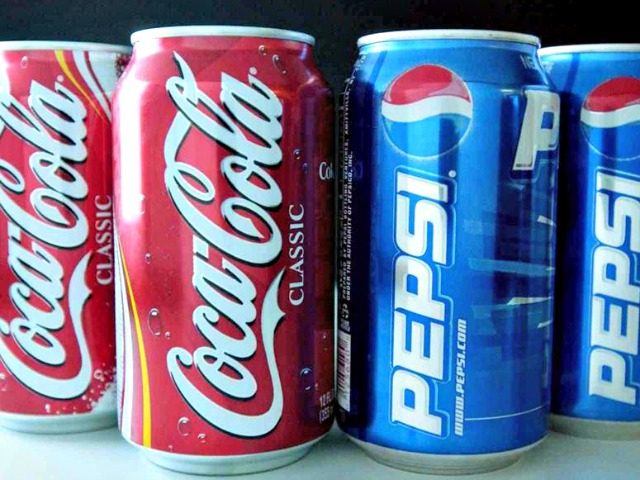The campaign of Roy Moore was overwhelmed by a flood of GOP Establishment political cash, but it was not defeated. Millions were squandered in an effort to beat back Moore, but in the end it was the GOP Establishment that was vanquished.
The full accounting of how much money was spent in the attempt to bestow the GOP nomination on Luther Strange will have to wait for weeks, as the campaign finance filings trickle in. But it likely amounted to tens of millions of dollars raised by the Chamber of Commerce, by Mitch McConnell’s political action committees, and by other political vehicles of the Republican political establishment.
For all of that flood of campaign cash, however, Strange lost in a landslide. It couldn’t have been worse if not one dime was spent to promote Strange’s doomed candidacy.
So what happened? Why didn’t money work? For many years, money appeared to be the most important deciding factor in American politics. Whoever raised the most and therefore could spend the most would win. And, as a result, the donor class rose to power, directing the GOP to adopt positions on immigration, taxes, trade, and foreign policy even when it was clear these were largely rejected by Republican voters.
The answer might be found in the ancient wisdom of the advertising industry. Where advertising spending has its biggest effect is in places where the contest is between products so similar that only the advertising makes a difference. That is why some of the biggest expenditures on advertising throughout the years have been by companies making products that would be interchangeable under white labels. Coke versus Pepsi. One brand of cigarettes versus the other. This vodka against the other. Come to this casino rather than the other one.
When the Republican Party offered voters a version of the Democratic Party platform that was slightly slower and a bit more profitable, campaign cash mattered. It was about presenting an image, a message, a product rather than a genuine alternative. Coke versus Pepsi.
No longer. It began with the Trump campaign, which was outspent by its competitors by unimaginable proportions. Let’s call it the Schaffley Rule: When voters are offered an echo, not a choice, money matters. When voters are offered a choice not an echo, policy and politics matter.
To put it more bluntly: Voters in Alabama showed that the new politics of economic nationalism, of Make America Great Again, of the rebirth of American hope can beat back the politics of the past and of the establishment.
The lights are going out all over K Street and Madison Avenue.

COMMENTS
Please let us know if you're having issues with commenting.